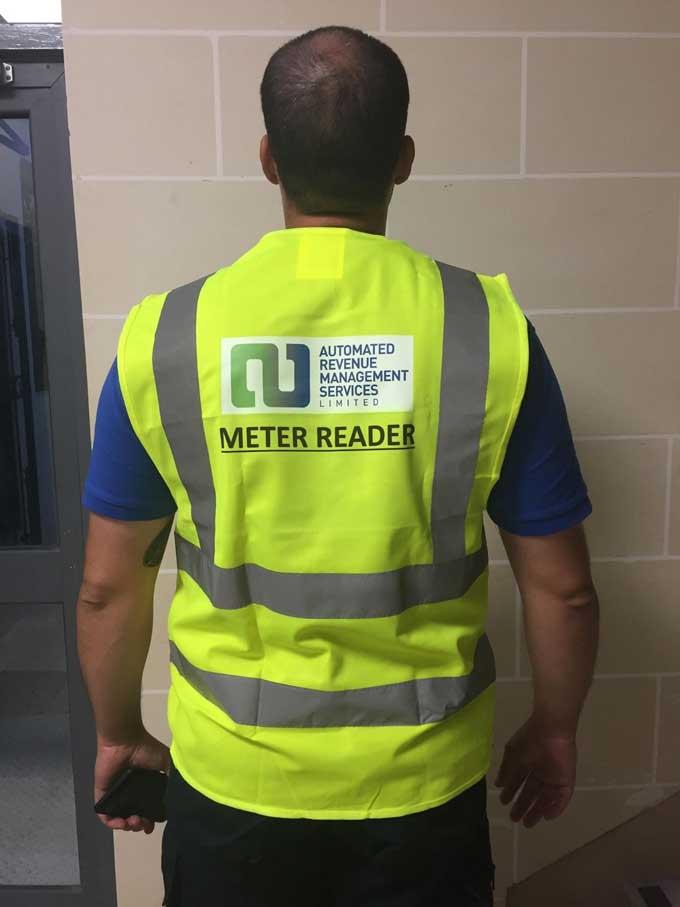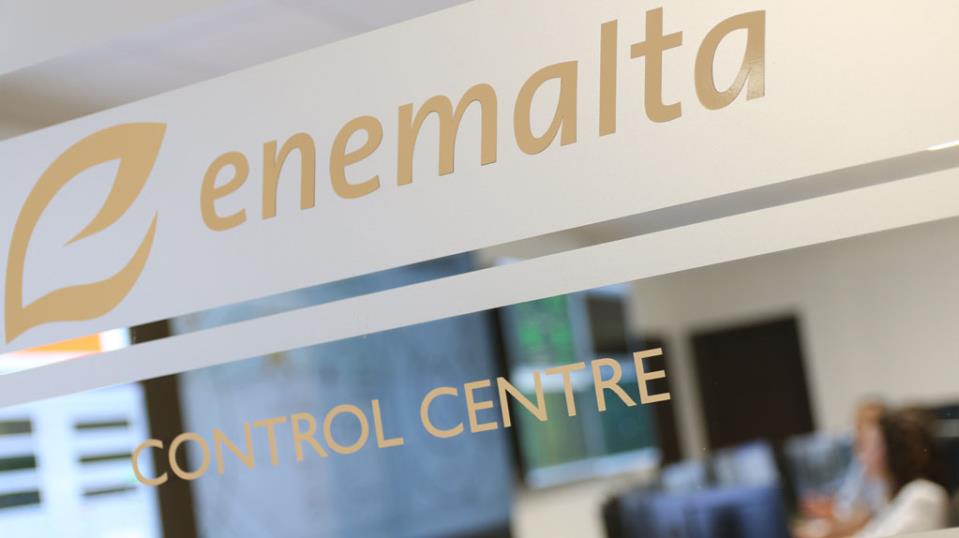Meter readers are still visiting homes to take readings manually despite Enemalta telling The Malta Independent on Sunday that 99 per cent of electricity meters are 'smart'.
According to the ARMS Ltd website, "The smart electricity meter is an advanced meter that can store information (such as consumption readings) and transmit the data via a network to a central system. It can also receive commands from a remote location, which the old meter does not permit... In the case of old meters, consumption has to be read manually, and it is unable to communicate to and from a central system."
While Enemalta has said that 99 percent of electricity meters were smart, it noted that 85 per cent of these smart meters were 'reached' when asked for the percentage of meters that transmit readings automatically.
However, when asked how these smart electricity meters were connected and why some did not automatically transmit data, Enemalta refused to reply.
Several reminders were sent to Enemalta and the Ministry for Energy and Water Management to no avail, with the last reply from the ministry being: "We have nothing to add to our previous reply."
This newsroom also asked if meter readers were still sent out to properties if readings were transmitted automatically, but no reply was given.

With regard to water meters, the Ministry said that the installation of remotely read meters had begun in 2010 but was still in progress. Information on how such meters would become 'smart', however, was not provided.
Last year, ARMS Ltd was urged to give households advance notice of when meter readers are due to call and maintain documentary evidence that meter readers had indeed shown up.
In 2014, another scandal surrounding electricity smart meters erupted when a number of Enemalta employees managed to tamper with supposedly 'tamper-proof' smart meters. Their ingeniousness reportedly stumped suppliers Enel and Enemalta's top officials, who in 2012 had dismissed rumours of the racket as 'not realistically possible'.
Peter Grima, Enemalta's former chief technical officer, had told Malta Today that, until 2013, senior officials did not believe smart meters could be physically tampered with. "We were convinced by the suppliers, as it were, that meter cases could not be opened."

Several voice doubts over fact that meter readers are still around
Earlier this week, ARMS Ltd informed the public that its meter readers always wear a specific uniform. Several people reading the announcement questioned why meter readers were still being dispatched when smart meters had been installed in most places.
In 2009, Enemalta began installing smart meters and water probes as part of a pilot project. It was then reported that the planned replacement of all electricity and water meters would cost €47 million and would enable remote, real-time and accurate meter reading. This would make physical meter reading and billing based on consumption estimates unnecessary.
It was also reported that people already employed with the Water Services Corporation, especially meter readers, would be retrained to run the system and perform inspection duties.
Backlog of faulty meters
When asked by this newsroom for the lead time for the replacement of a defective water meter, the Ministry replied that the service-level agreement - which is the commitment between a service provider and client - was 40 days.
The Ministry did not confirm, however, what the actual lead time was, but said: "The Corporation is currently implementing an aggressive strategy to replace a backlog of faulty meters."
When asked about the stock levels of the water meters, the Ministry said that stock was managed according to local demand and following the necessary public procurement regulations. It confirmed that such devices were always readily available.
When asked why there was a backlog of faulty meters, the Ministry failed to reply.